What Does Socialising Your Puppy Mean?
Socialisation is a term that is often used in dog training books, in dog magazines and by breeders and trainers. But what does it actually mean and how will it affect you as a new puppy owner?
Puppies are like babies – they aren’t born knowing what to do or how the world works. They don’t know how to act or behave until we teach them.
‘Socialisation’ just means the learning process the puppy goes through to learn life skills they’ll need to function as part of our daily life.
Proper socialisation is how your puppy becomes friendly, calm, confident and relaxed – making them easy to live with and to take out and about with you.
We ask a huge amount from our dogs in their role as companion animals, not only do they need to understand humans and the human world, but they also need to become fluent in the language of dogs too.
They need to have fun and pleasant social interactions with adults, children, vets, adult dogs and other animals, as well as careful exposure to different situations in the environment like traffic, crowds, travelling in the car, vacuum cleaners and any other sights and sounds they will have to cope with in life.
It is so important that this is done thoroughly and correctly when your puppy is still young enough to happily accept new things.
Puppies that have been socialised well in their early weeks are far less likely to react badly to new situations, noises, people, dogs and animals than puppies who haven’t had these important early experiences.
A well socialised puppy is far more likely to integrate easily into your life, therefore making your life together much more enjoyable and rewarding.
There are two parts to socialisation, and both are equally important.
- Teaching the puppy to be social with people and other dogs
- Teaching them all of the things we want them to ignore and not be worried about (noises, traffic, household objects etc.) – this type of socialisation is sometimes called habituation.
Being a companion is the hardest job we ever ask a dog to do as our expectations are so high. We want dogs to get on with everybody and everything, and to go everywhere with us when we want, but be happy to be left alone without complaint when we don’t, to be accepting of loud noises, strangers, other dogs… The list is endless.
It is a sad fact that one of the major causes of death in dogs under two years old is euthanasia, because of behaviour problems.
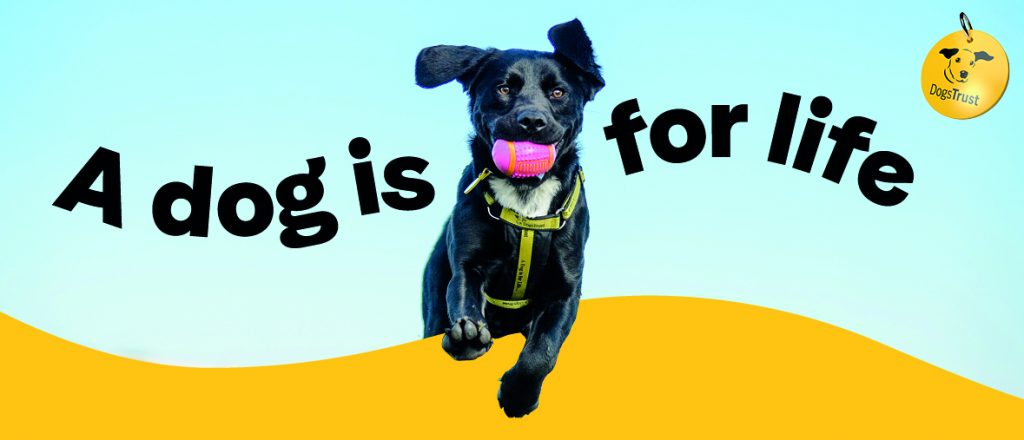
Most of these behaviour problems are caused by fear (fear of strange noises, fear of being left alone, fear of strange dogs, fear of strange people or fear of strange situations).
Far too many dogs are still ending up in rescue centres.
Behaviourists and trainers up and down the country are seeing dogs with problems that could so easily have been prevented if the first 16 weeks of that dog’s life had been properly managed, and they had been prepared for the life they were going to lead.
A lot of dogs waiting to be rehomed in shelters and in classified ads online are being rehomed due to behaviour problems – and most of the time it isn’t the dogs’ fault.
Some breeds need far more socialisation than others – with more reactive breeds (such as those bred to guard, some terriers etc.) needing more – and earlier – socialisation than others.
It’s important for breeders and new owners to know how reactive their chosen breed is so they can focus their socialisation on the right things and make sure the puppy is coping with everything.
On the breeders’ part, socialising their litter can start as early as when the puppies are a few days old. Gentle handling and checking the progress of the litter are all important steps in the first few days of a puppy’s life.
Over the course of the following weeks, the breeder can introduce noises, different surfaces, different play items as well as different play and feeding locations around the house – all of this socialisation and novelty contributes to the puppies’ early development.
The early groundwork that a breeder puts into their litters’ social and emotional wellbeing has a direct impact on their puppies’ ability to be fit for function as a family dog.
You can get a FREE download of our Ultimate Socialisation Chart at the bottom of this post!
What Can a New Owner Do?
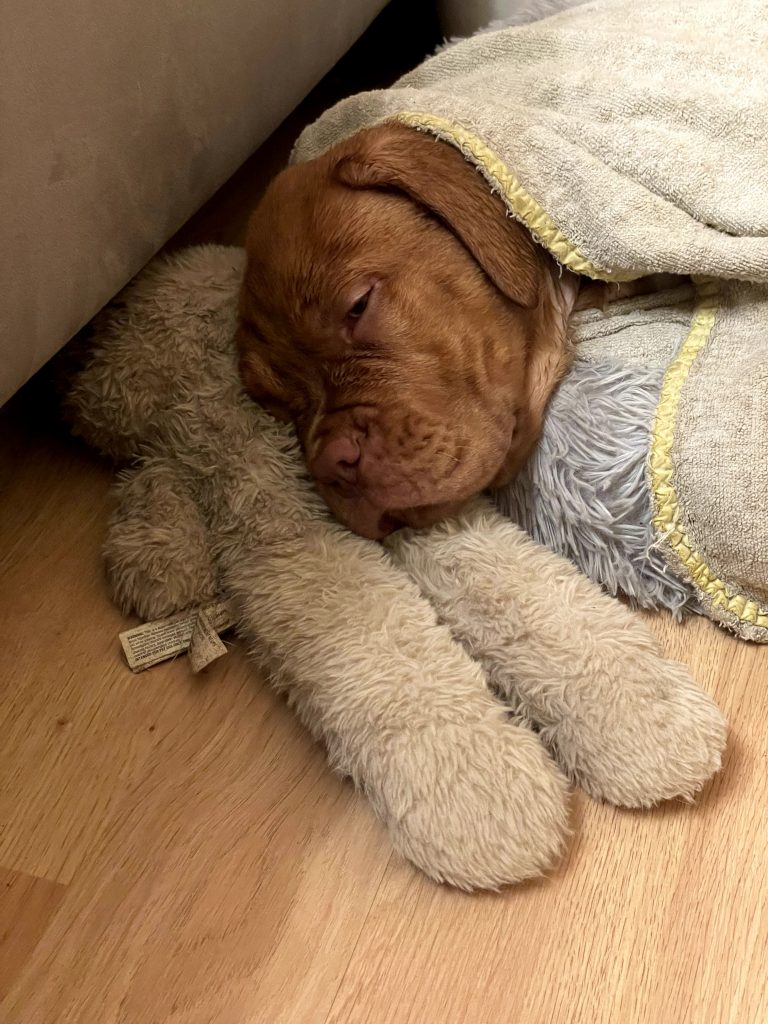
It is important that the puppy’s new owner continues this when their new puppy comes home.
From around 5 weeks and continuing at the time the puppy goes to his or her new home, an important transition takes place in the puppy’s ability to take in new situations as his natural fearfulness increases.
It is so important that new owners don’t miss this valuable window of opportunity for their puppy to experience new things – which will close at around 14-16 weeks.
This time also coincides with the puppy’s vaccinations, so a balance must be struck so not to miss out on this important learning opportunity.
This can be achieved by taking your puppy out and about in your arms, while not allowing them to come into direct contact with other dogs until their vaccinations have taken place.
Getting out and about with your puppy is key to them accepting everyday things, such as traffic and busy places, as part of normal life. It is important that you think about what life as part of your family will entail for a puppy – for instance, if you live in the inner city spending a significant amount of time socialising your puppy to farm animals may not be of great benefit, as it is unlikely they will encounter them in their day to day life.
The same also goes for all the different people your puppy is likely to meet such as people with beards, people wearing hats, people wearing high visibility clothing, babies, children, people with pushchairs/prams, elderly people, people with walking sticks and people in wheelchairs to name but a few, or anyone else you are likely to meet.
Puppy Parties
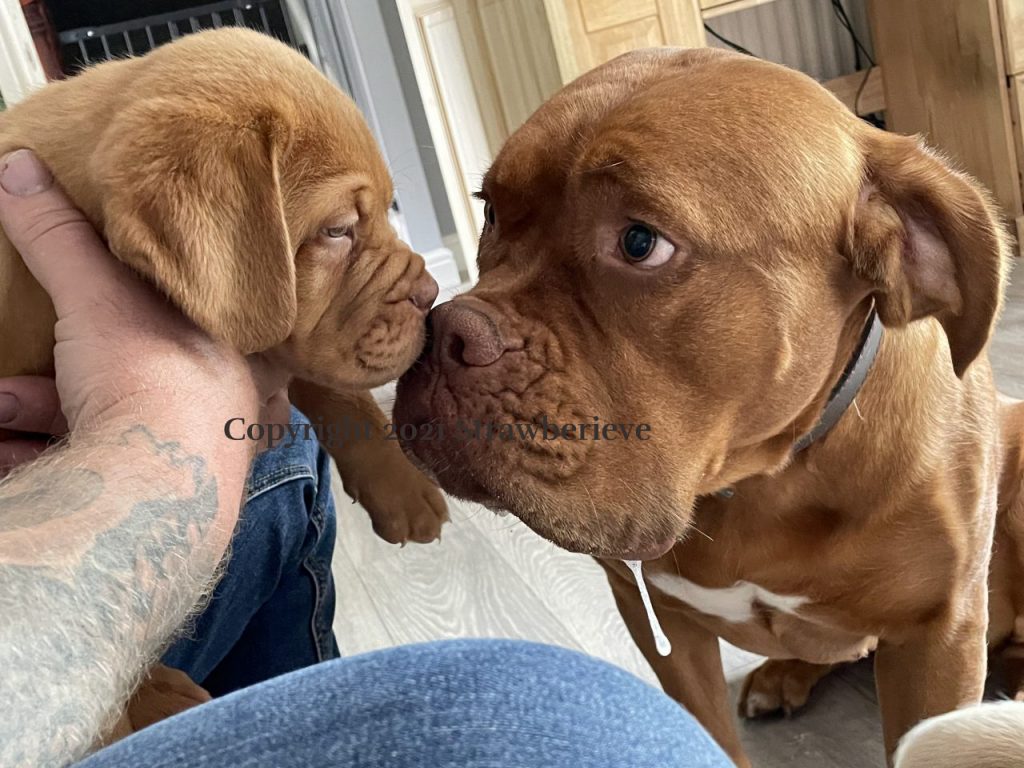
Vet surgeries often hold ‘puppy parties’ for their new clients, but these should be treated with some caution. Well managed puppy parties can be great social interaction for puppies of all ages and sizes.
Well managed parties should:
- Match puppies up according to their size so that the bolder puppies don’t intimidate the more nervous or smaller ones, and thereby create negative experiences for the smaller puppies, and make the bolder ones ‘social bullies’.
- Manage any off-lead play carefully and if necessary, separate puppies that get a bit too boisterous so that they can calm down and re-join the party once they are calmer.
- Discourage any kind of anti-social behaviour, such as biting that gets out of hand, very rough play and also show the owners how to discourage this.
- Show owners how to handle and groom their puppies – and have others do this too.
- Be fun positive experiences for puppies and owners.
The (Ultimate) Puppy Socialisation Plan

Sadly there is no ‘official’ or definitive plan for effectively socialising your puppy, which results in rescue centres seeing increasing numbers of dogs coming to them with behavioural issues that could have been avoided with proper socialisation.
To counteract this, the Kennel Club and Dogs Trust jointly devised a socialisation plan for both breeders and new owners to follow as a step-by-step guide – it was called the Puppy Socialisation Plan.
Both the Kennel Club and Dogs Trust recommended the Puppy Socialisation Plan as an effective plan for breeders and new owners to prepare their puppies as best they can for life as family pets.
Unfortunately, though, they both seem to have stopped the Puppy Plan, removed the information from their websites and pulled down the Puppy Plan website!!
Loads of breeders linked to the Puppy Plan website and used their methods to help socialise puppies they bred – including us! I’ve now removed my links to the plan and need to remove the information from my Puppy Packs too.
Luckily though, I have created my own Ultimate Puppy Socialisation Tracker (even before they removed the Puppy Plan) so you can download it for free and use it to help your pup get used to the world around them.
It is critical that socialising your pup is done from birth up to 16 weeks of age, otherwise, you’ll have missed important learning and development phases – which can lead to a nervous, fearful and even snappy puppy.
You want to have a dog you can pretty much take anywhere and won’t be afraid of anything. A well-balanced dog is a joy to be around and helps you relax rather than cause you stress and heartache.
How We Socialise Your Pup
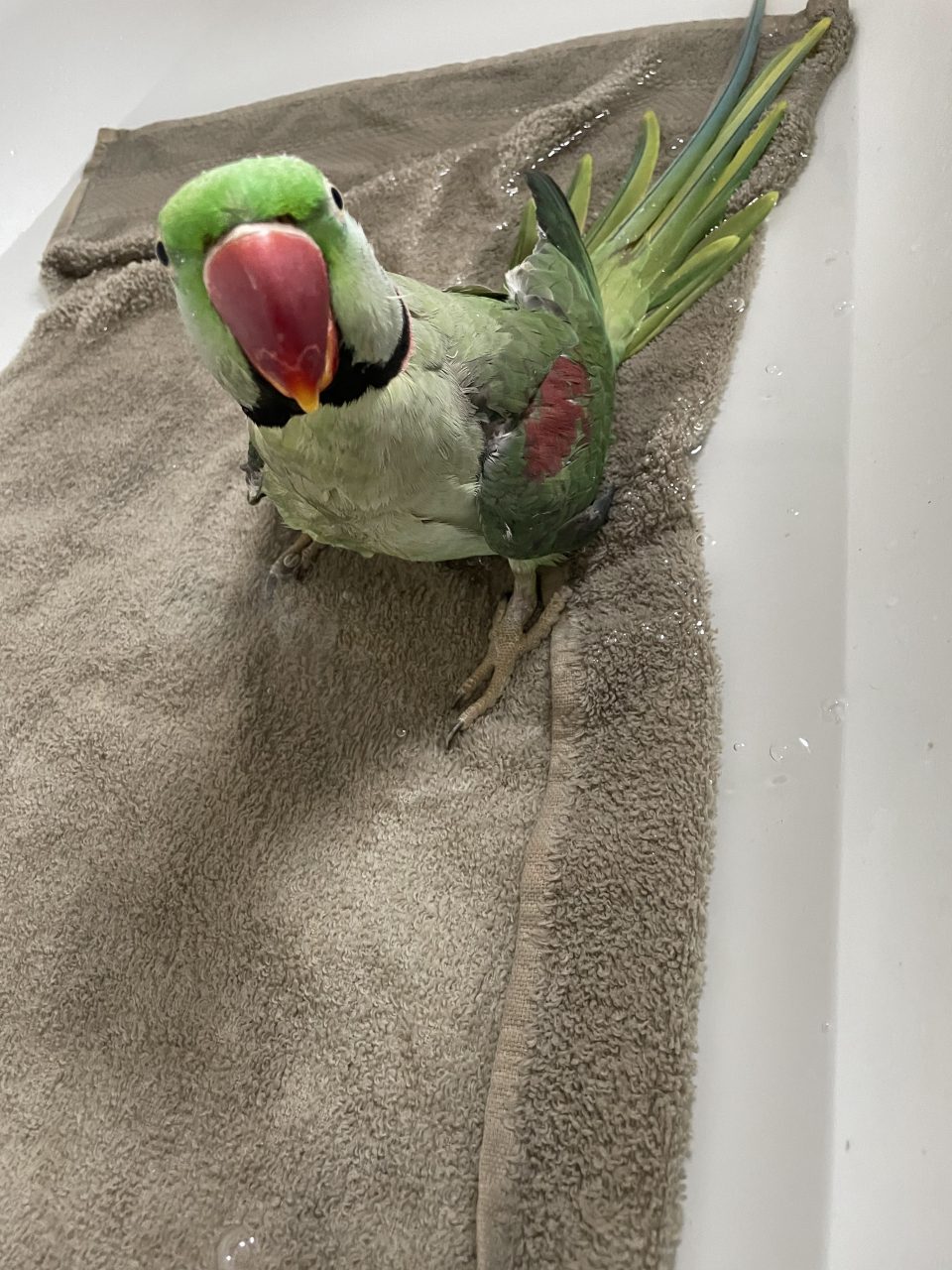
Here at Strawberieve, we try to socialise our dogs and puppies as much as possible; we have a family of 6 kids, other dogs, parrots, birds, turtles, fish, axolotl and lots of family and friends to meet!
We will be introducing your pup to a normal, busy, noisy family life! They will live in our home with their Mum and Dad and have the usual hustle and bustle going on all day.
The usual household noises such as vacuum cleaners, washing machines, dishwashers, doorbells, tv, music etc. will be around your pup every day from birth.
Think about every noise in your home that you take for granted – like a kettle boiling – to a young pup it can be scary if they have never encountered it before and been reassured it is a normal thing.
Mops, brushes, brooms and vacuum cleaners can also cause a fright at a certain stage of a pup’s life, as they get to 14-16 weeks, they go through another ‘fear’ period, so you may have to go back over some things to reassure and confirm to your pup that those things are ok and not harmful.
We have a large family and a larger extended family – so lots of visits from different people of all shapes, sizes, looks and smells! Everyone loves a puppy!!
We will also be handling the puppies from birth; this will help them become used to being handled ready for you to snuggle them but also, they are used to vets or groomers looking at them.
(We have 6 kids, so the puppies will be handled a lot. The pup’s favourite tv programs will be Paw Patrol and SpongeBob Squarepants…Sorry.)
The pups will visit our vets, to meet them and get used to different people and animals and to have their microchips, flea and worming treatments and vaccinations.
We will also introduce your pup to a collar (so it makes it easier to tell which one is which!), a brush, towel, toys, baths, beds, stairgates, a crate and more.
Your puppy’s socialisation never stops and will continue throughout their life; to make life as easy and stress-free as you can for you and your pup, it’s best to keep socialising them throughout their lives, especially concentrating on birth – 16/18 weeks.
The last thing you want is to have a dog you can’t control, too unruly or scared of everything just because you missed out on socialising at a crucial stage of life.

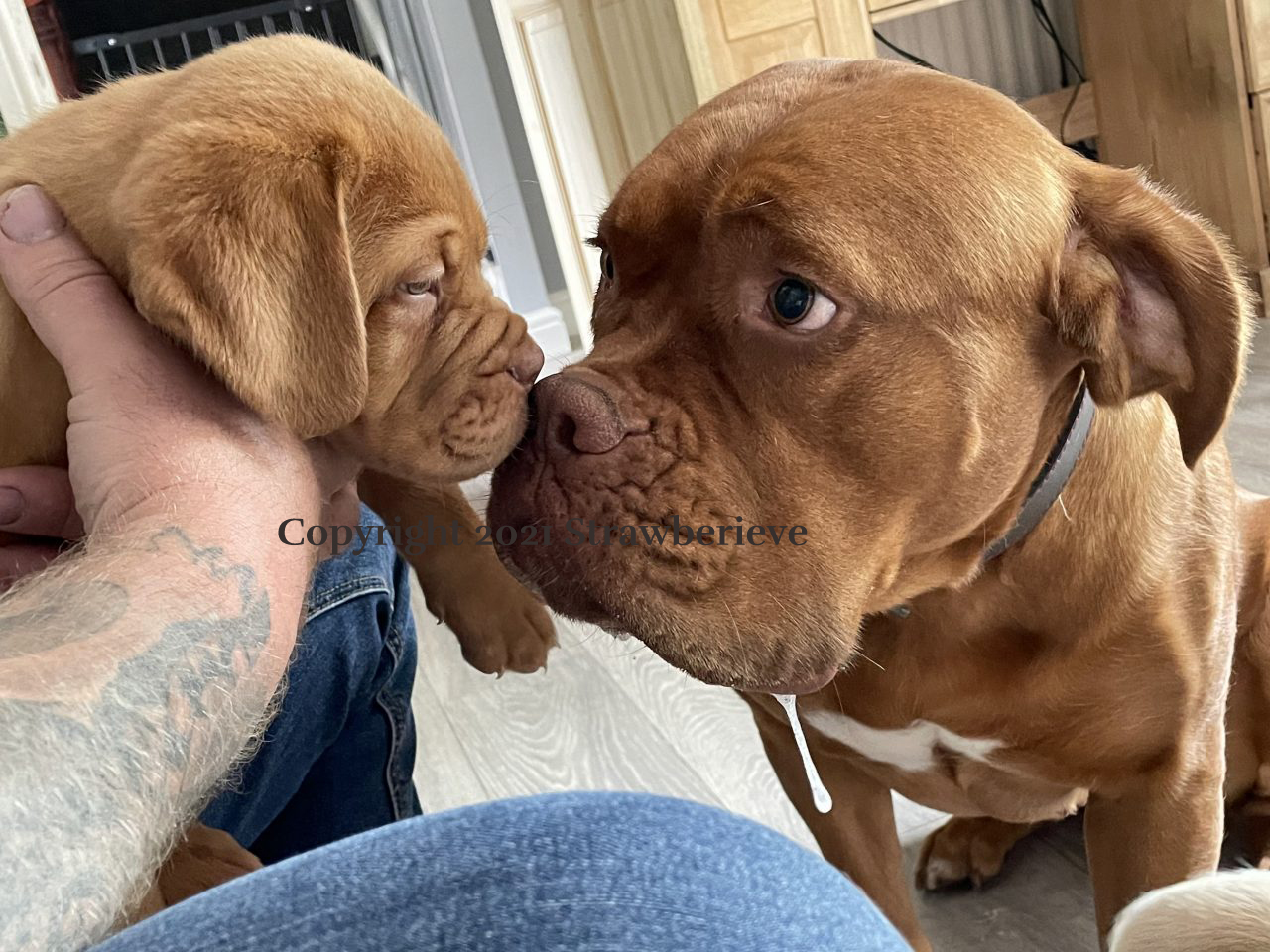
You must be logged in to post a comment.